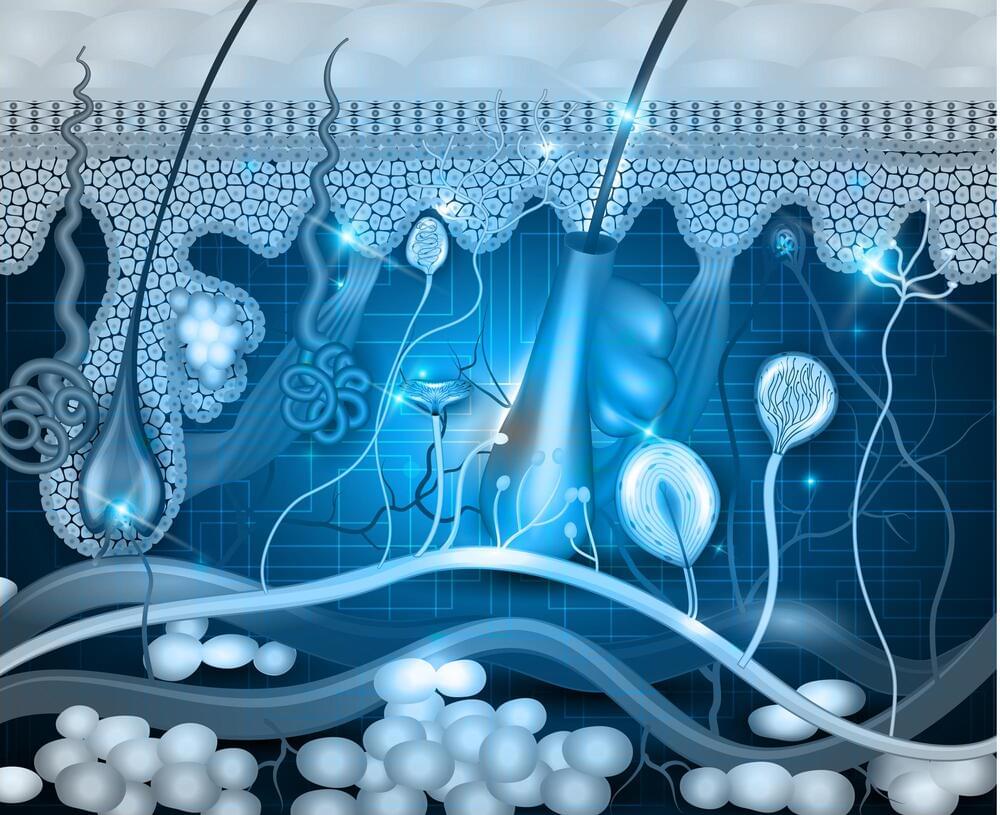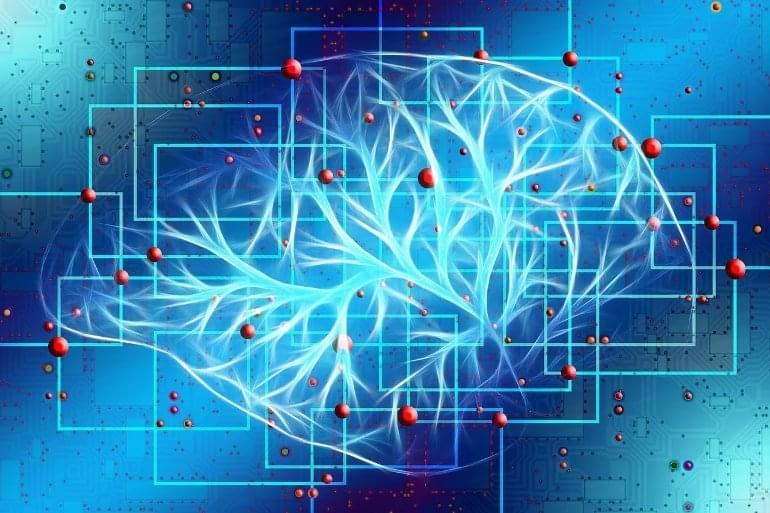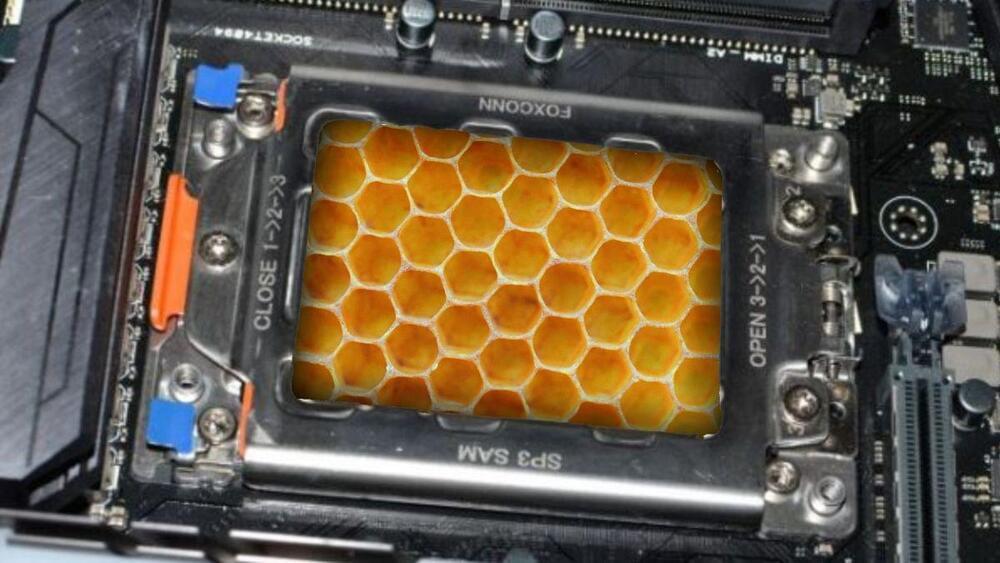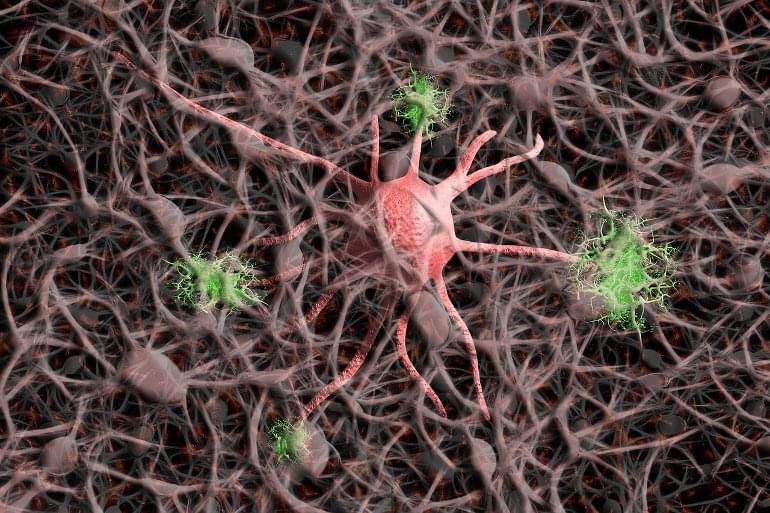Coming off multiple country approvals for his “patent free” Covid vaccine, Scientist, Researcher, Author, Science Explainer, Dr. Peter Hotez, MD, Ph.D. Baylor College of Medicine, drops by for an episode of Progress, Potential, And Possibilities.
Dr. Peter J. Hotez, M.D., Ph.D. (https://peterhotez.org/), is Dean of the National School of Tropical Medicine and Professor of Pediatrics and Molecular Virology and Microbiology at Baylor College of Medicine (https://www.bcm.edu/people-search/peter-hotez-23229), where he is also Chief of the Section of Pediatric Tropical Medicine and the Texas Children’s Hospital Endowed Chair of Tropical Pediatrics (https://www.texaschildrens.org/find-a-doctor/peter-jay-hotez-md-phd).
Dr. Hotez is also Rice University’s Baker Institute fellow in disease and poverty (https://www.bakerinstitute.org/experts/peter-j-hotez/) and Co-Director of Parasites Without Borders (https://parasiteswithoutborders.com/), a global nonprofit organization with a focus on those suffering from parasitic diseases in subtropical environments.
Dr. Hotez is an internationally recognized physician-scientist with expertise in neglected tropical diseases and vaccine development. He leads the only product development partnership for developing new vaccines for hookworm, schistosomiasis and Chagas disease, and is just coming off a major win for emergency use approval of his team’s Corbevax protein sub-unit COVID-19 vaccine, of which he, and previous guest to the show, Dr. Maria Elena Bottazzi, were recently nominated for a Nobel Prize.
Dr. Hotez is the author of more than 400 original papers, as well as the books Forgotten People, Forgotten Diseases — The Neglected Tropical Diseases and Their Impact on Global Health and Development, Blue Marble Health — An Innovative Plan to Fight Diseases of the Poor amid Wealth, Vaccines Did Not Cause Rachel’s Autism: My Journey as a Vaccine Scientist, Pediatrician, and Autism Dad, and Preventing the Next Pandemic: Vaccine Diplomacy in a Time of Anti-science.







